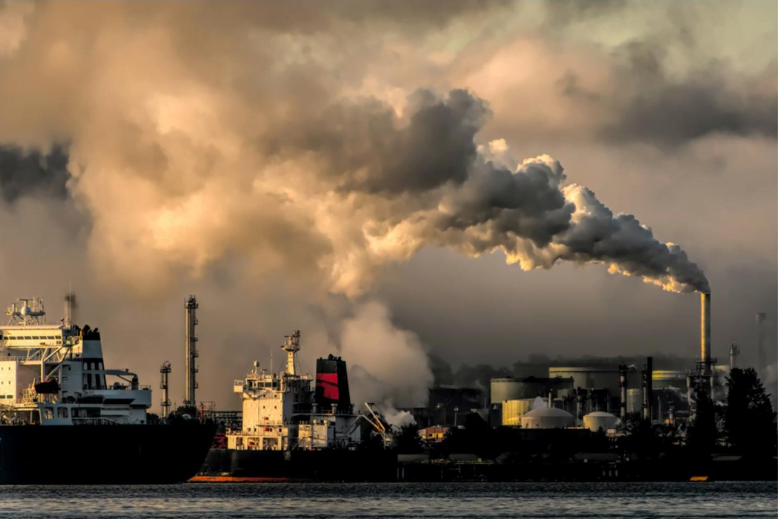
No business can operate successfully in isolation. To succeed, every business must depend on material resources, human resources, and other systems and variables. However, environmental issues are causing many problems for businesses, such as the unavailability of natural resources.
If not addressed, these issues can, directly and indirectly, affect businesses in the long term. Businesses and companies are under constant pressure to take environmental responsibility to ensure compliance with the relevant environmental regulations.
As environmental issues increase and worsen, every business will suffer, including those not in heavy pollution industries. One way businesses can mitigate the impact of environmental issues on their operations is by hiring professional environmental services to help with crafting and implementing a hazardous waste business plan.
This can also help businesses assess the environmental impact of their activities, so they can take the necessary measures to promote a cleaner, safer environment. Here are some of the top environmental issues that could affect your business:
1. Pollution
One of the main environmental issues affecting today’s businesses is pollution. Increased burning of fossil fuels contributes to poor air quality, affecting employees’ health. This then results in increased medical costs and a loss of productivity at work. For instance, operating a business in a highly polluted area can often make it hard to hire and retain employees.
Improper waste disposal can also pollute the air and water supplies, causing great harm to the public’s health and creating massive social losses. This increases the burden of medical costs and reduces people’s ability to work productively, affecting their economic situation and their purchasing ability. Reducing pollution levels can increase the chance of economic growth.
2. Climate Change
Climate change is another environmental problem that has a devastating effect on your business. Besides affecting the environment, climate change also has major political, social, and economic implications. Climate change, for instance, can cause rising sea levels, resulting in operational disruptions that damage your business’s bottom line.
Climate change also significantly increases temperature levels, increasing the demand for air conditioning and, in turn, creating higher energy demand. Higher energy demand translates into increased operational costs and higher consumption of natural resources, such as fossil fuels and water. This leads to faster depletion of natural resources that your company needs to operate efficiently and smoothly.
3. Shifting Food Supply
Environmental pollution and climate change can negatively affect fisheries and agriculture since they depend on specific weather conditions. For instance, environmental pollution could contaminate water supplies used for agriculture, reducing crop yields and creating shortages in the food supply. This hurts food availability and security, directly affecting the population and decreasing productivity.
ADVERTISEMENT
Endnote
As the number of catastrophic, climate-related events continues increasing, it will adversely affect production and the overall economy. As a business leader, taking action to mitigate your company’s environmental impact can help benefit society and ensure sustainable economic success.
Environmental issues also allow you to show your employees, customers, and stakeholders the actions you’re willing to take to mitigate these risks.
For instance, this can help promote employees’ health, safety, and well-being, helping them work better and become more productive.
